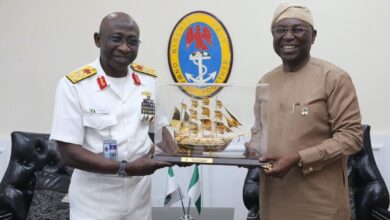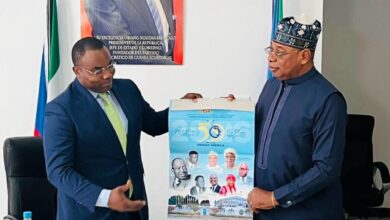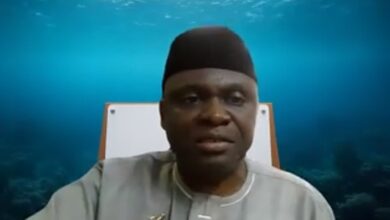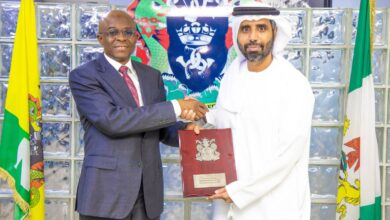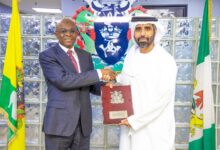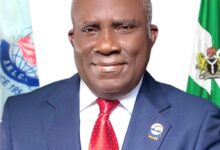Maritime Stakeholders Seek Robust Collaboration To Harness Potential Of Vessels Acquisition, Construction
...Nigerian Banks Too Weak To Venture Into Local Ship Building, Ownership
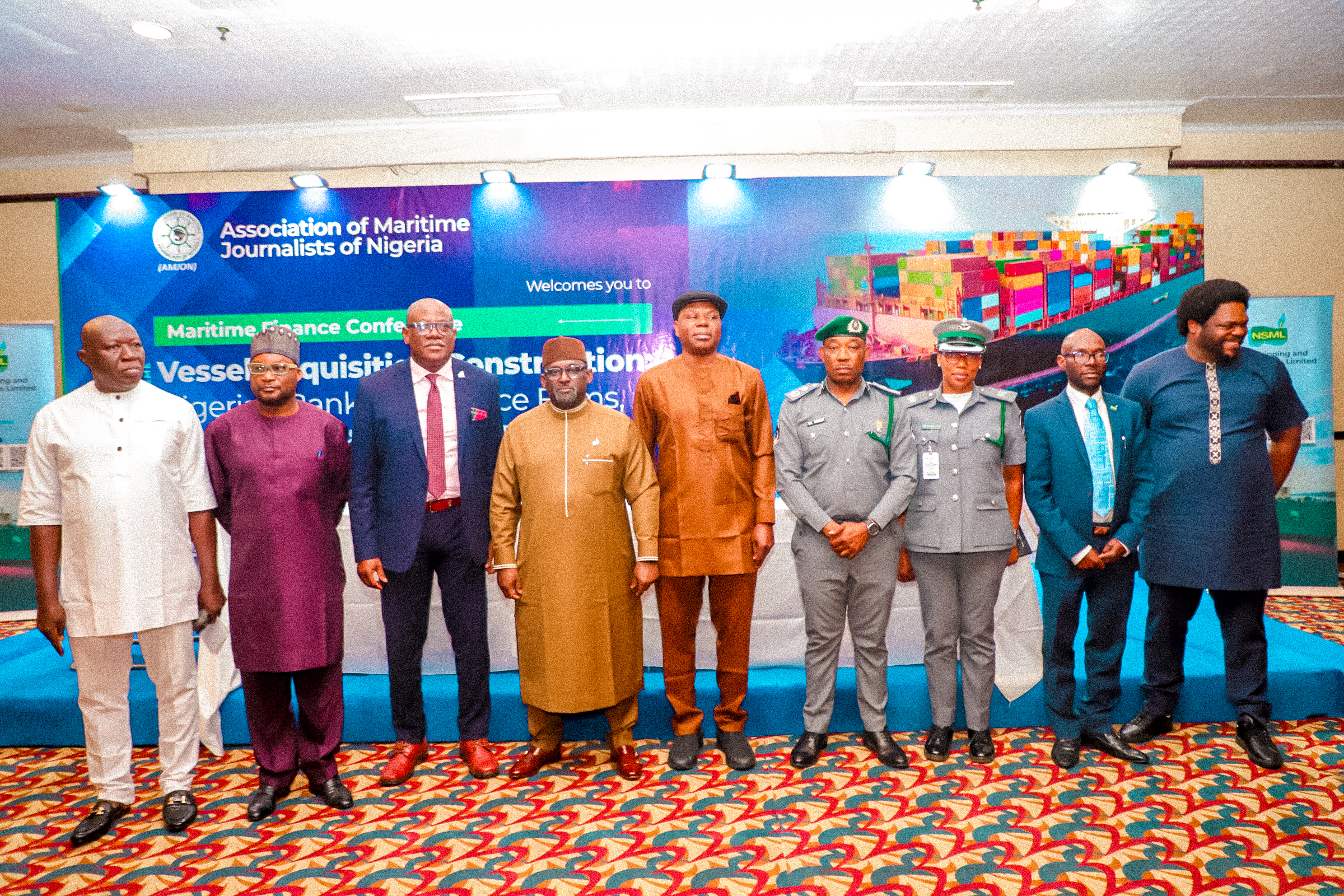
By Edu Abade
Stakeholders in Nigeria’s maritime industry have canvassed a more robust collaboration to harness the full potential of ships acquisition and local construction of vessels in order to maximize the gains of the shipping sector with an estimated global networth of over $600billion.
The stakeholders including NLNG Shipping and Marine Services Limited (NSML), the Nigerian Ports Authority (NPA), Nigerian Maritime Administration and Safety Agency (NIMASA), Nigeria Customs Service (NCS), the Nigerian Shippers Council (NSC) and commercial banks, among others stated that collaboration and adequate funding remain critical to the success of Nigeria’s shipping industry.
They made the submission at the Association of Maritime Journalists of Nigeria (AMJON) Finance Conference with the theme: Vessel Acquisition and Construction: Nigerian Banks, Insurance Firms, Government and the Blue Economy held on Thursday, August 22, 2024 at the Sheraton Hotel, Ikeja, Lagos.
In his welcome address, President of AMJON, Mr. Paul Ogbuokiri, stressed the need for greater collaboration among stakeholders with a view to adequate funding for local acquisition and construction of vessels to further develop the country’s maritime domain.
He said the theme was carefully chosen to capture the intent of the association which is to bring regulators, investors, financiers and insurers together to find a solution to the funding challenge which is hampering the growth of the Nigerian maritime industry, as well as the development and exploitation of Nigeria’s blue economy resources.
“With the coming of the Ministry of Marine and Blue Economy and specifically noting that the Federal Government is looking to diversify the economy to boost revenue and end the country’s mono-economy status, all hands should be on deck to develop the Nigerian maritime industry,” he said.
Speaking, Managing Director of NSML, Mr. Abdulkadir Ahmed, noted that the theme of this year’s conference, which focuses on the key role of finance and insurance in the maritime industry, especially on how they impact the vessel acquisition and construction (newbuild) activities is quite apt and pertinent, especially with increased focus on deepening the contribution of marine and blue economy’s contribution to economic growth.
He said: “Vessel ownership and acquisition occurs within two segments of the shipping industry– The Sales and Purchase segment where second-hand vessels are traded and acquired, and the Newbuilding market where newbuild vessels are constructed from scratch. Irrespective of the market owners play in, the importance and role of finance cannot be overemphasized.
“According to the Petrofin Index for Global Ship Finance, the top 40 banks lending to shipping in 2023 was $284.27billion, the total global bank lending of all banks, including local banks approached $375billion in 2023, while a cautious and indicative figure for global ship finance, including all forms of lending-leasing, export finance and alternative providers-is approximately $600billion.
“These amounts are huge and significant and underscore the key roles of financial institutions including insurance institutions in the acquisition, construction and operations of vessels globally.
“While the focus of this conference is centred on financing and insurance in the vessel acquisition and construction process, which are undeniably critical components in the maritime industry, it is imperative to equally examine the indispensable roles of regulations, standards and competence in this multifaceted process. These elements form an integral part of the ship/vessel acquisition process.”
In his intervention, a Senior Lecturer with the Nigerian Maritime University (NMU) in Okerenkoko, Delta State, Dr. Charles Okerefe, lamented that Nigerian commercial banks are too weak to venture into ships and vessels acquisition and building, insisting that even the ‘Tier One’ banks lacked adequate financial capacity to provide funding for the industry.
Also speaking, Director of Administration and Human Resources, Mr. Isichei Osamgbi, who represented the Director-General of NIMASA, Dr. Dayo Mobereola at the conference, argued that shipping remains the greatest energizer of any economy, adding that due to its huge potential, government will be interested in playing its role in cargo allocation, as well as vessel acquisition and construction.
In his words: “Nigeria will be the greatest beneficiary of a robust local shipping industry. The country can be the largest hub for ships acquisition and ownership in Africa, just as the Philippines has captured the development of seafarers as the greatest source of manpower in the global maritime industry.”
Maintaining that the success of the Blue Economy rests squarely with the media, he said stories from engagements at the conference could form the basis of a robust debate on the development of the industry for a long time to come, adding: NIMASA is committed to fleet expansion in Nigeria and on the African continent.”
On his part, Controller of Tin Can Island Customs Command, Mr. Dera Nnadi, who represented the Comptroller-General of the Nigeria Customs Service (NCS), Adewale Adeniyi, said international trade thrives on ships, vessels and cargoes and as such Nigeria should look inwards to encourage and develop homegrown vessels and ships to ease movement of good and cargoes.
“We can achieve local building and acquisition of vessels with the right investment decisions and adequate funding. So Nigerians should be given the opportunity to invest in the sector,” he added.






